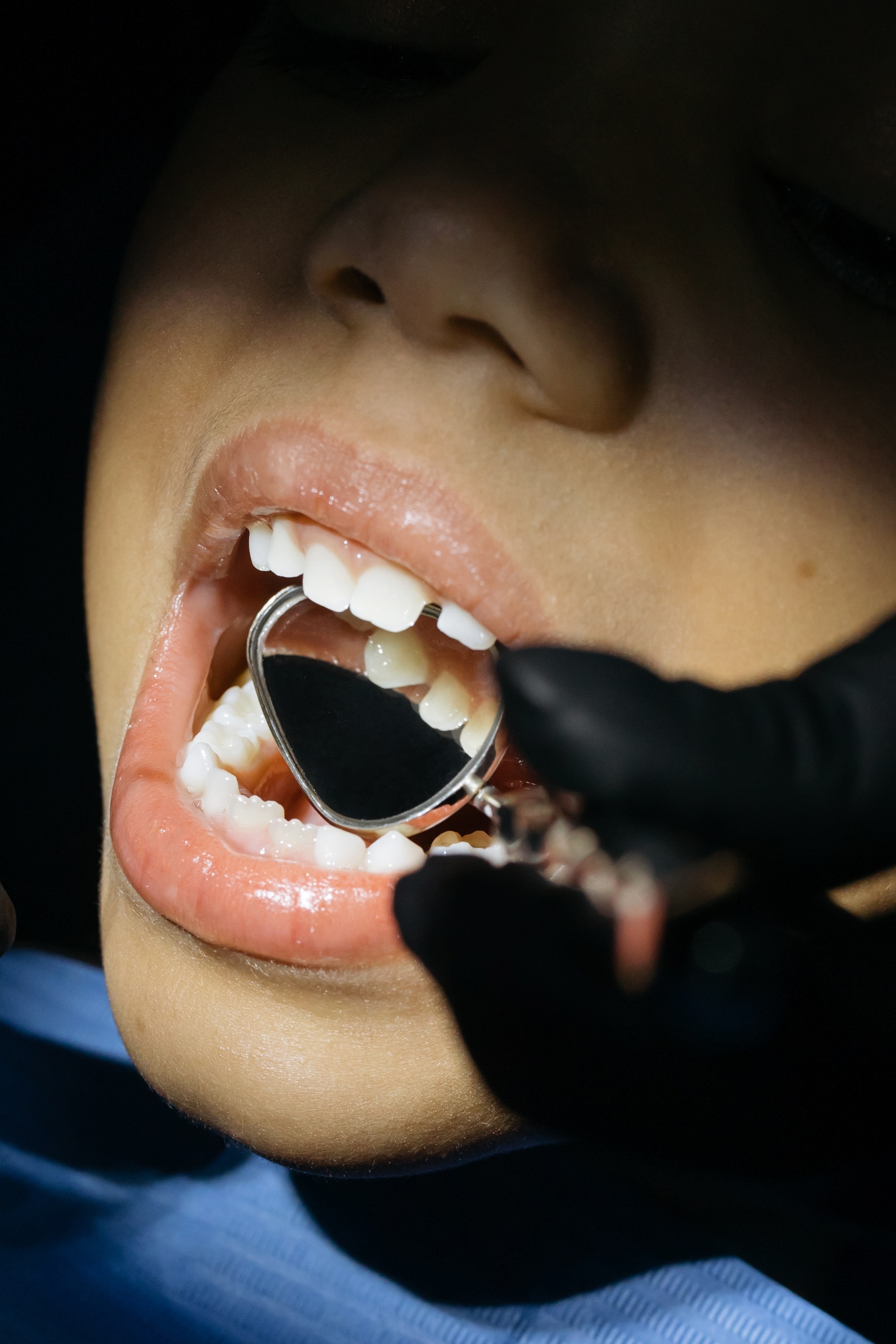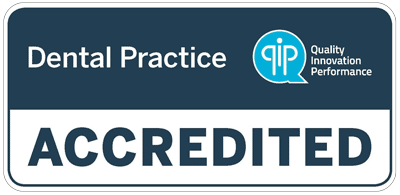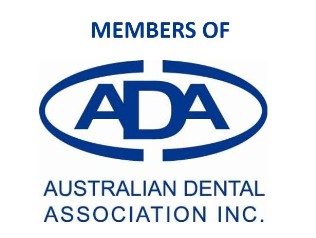Tooth decay – is it worth fixing?
Did you know that in 2017-2018, Australian adults aged 15 years and over had an average of 11.2 decayed, missing and filled teeth?
Or that the average number of teeth affected by tooth decay per person in Australia increased with age? 15-34 years olds had an average of 4.1 teeth affected by tooth decay, and those aged 75 and older had 24.4.
Tooth decay affects a lot of Australians, and what’s worse is that 72,000 hospitalisations that occurred in 2017-2018 were due to dental conditions that could have been prevented if treatment was done earlier. Source: AIHW.
So is it actually worth fixing tooth decay? The resounding answer is definitely yes.
Here are the main reasons:
- If left untreated tooth decay will gradually affect more and more of a tooth, eventually infiltrating the tooth to the space where the nerves and blood vessels live. If you’ve ever had a toothache, this is the sort of thing that can cause this type of unpleasant pain. And yes, this pain could be avoided by fixing the tooth decay before it got so far into the tooth.
- Untreated tooth decay can eventually cause infections in the tooth (commonly known as abscesses), and this can sometimes result in life-threatening conditions that can land you in hospital.
- The cost of fixing tooth decay in its early stages is much less than having to fix it when it gets much larger. Worst case scenario, the tooth may not even be fixable.
- Fixing tooth decay in its early stages also means you are more likely to keep the tooth in the longer term.
- Tooth decay and poor oral health may also contribute to systemic diseases such as lung conditions, cardiovascular disease, adverse pregnancy outcomes, oral cancer, diabetes and stroke.
- If it affects your front teeth, it can also look unsightly and adversely affect a person’s self esteem.
- Pain from decayed teeth can make eating and drinking uncomfortable.
So how do you know if you have tooth decay?
Tooth decay does not always present with symptoms. Your teeth could be decaying, but you will not always be aware of this. However, if you have noticed sensitivity with cold, sweet foods or any pain, this could mean you have tooth decay.
Your dentist can check if you have tooth decay by examining your teeth visually during a dental check-up. Visual examination alone is not sufficient to adequately diagnose all tooth decay. X-rays are also necessary to check in between your teeth for tooth decay, as it is not possible to visually see the areas where your teeth are touching. These x-rays are usually updated every 2 years in case any new areas of tooth decay develop.
So what about kids? Do baby teeth with tooth decay need to be fixed? Or can we just let them rot?
Sadly, this is a common belief of many parents. Baby teeth do matter! Even though they will eventually fall out, they have a very important role in children’s mouths.
- They allow children to eat, speak and smile
- They hold the space for the subsequent growth of adult teeth
- Some baby teeth do not fall out until 11-13 years’ of age, so they do need to be there for quite some time!
In the latest Oral Health Tracker conducted in 2018 by the Australian Dental Association, they found that tooth decay was the most common chronic disease in Australian children. Even worse, 9.3 out of every 1000 children aged 5-9 had preventable hospitalisations due to dental disease.
We all need to do better to keep our mouths and bodies (and our kids!) healthy! Teeth and oral health matter, and can really affect our quality of life and self esteem. Don’t leave the health of your teeth to chance.
Contact our Claremont dental clinic today on 6143 5655 or book online here to have a thorough evaluation of the health of your teeth, and your family too.






